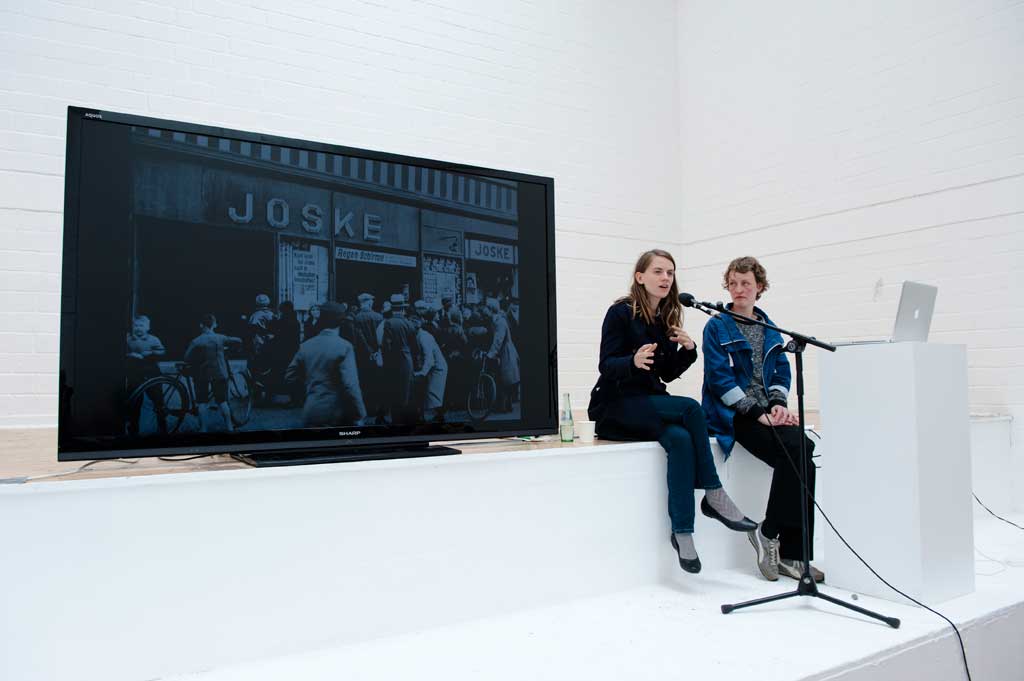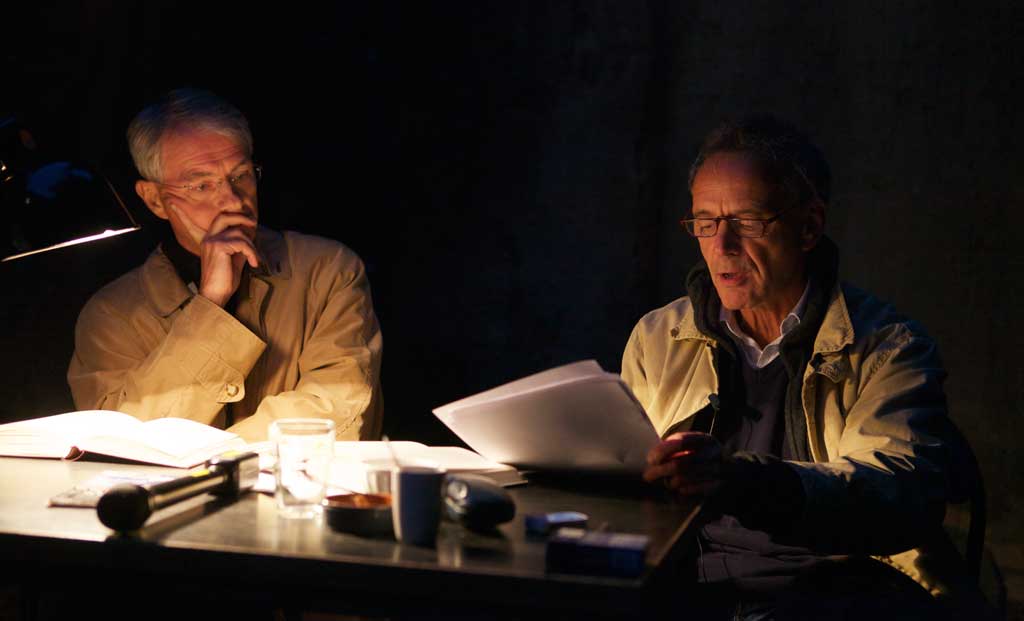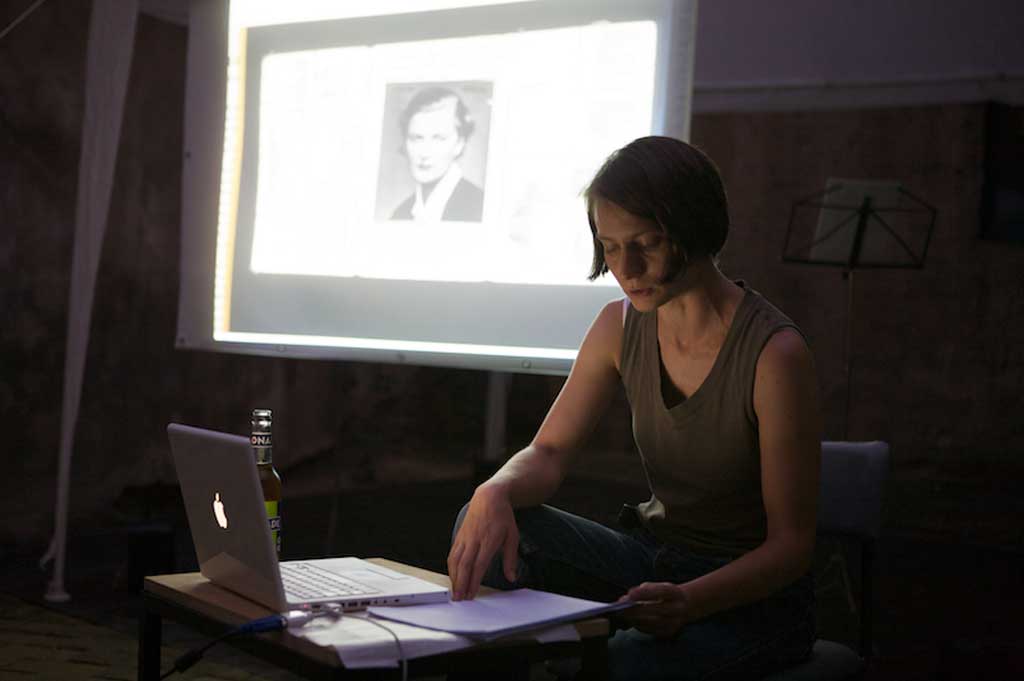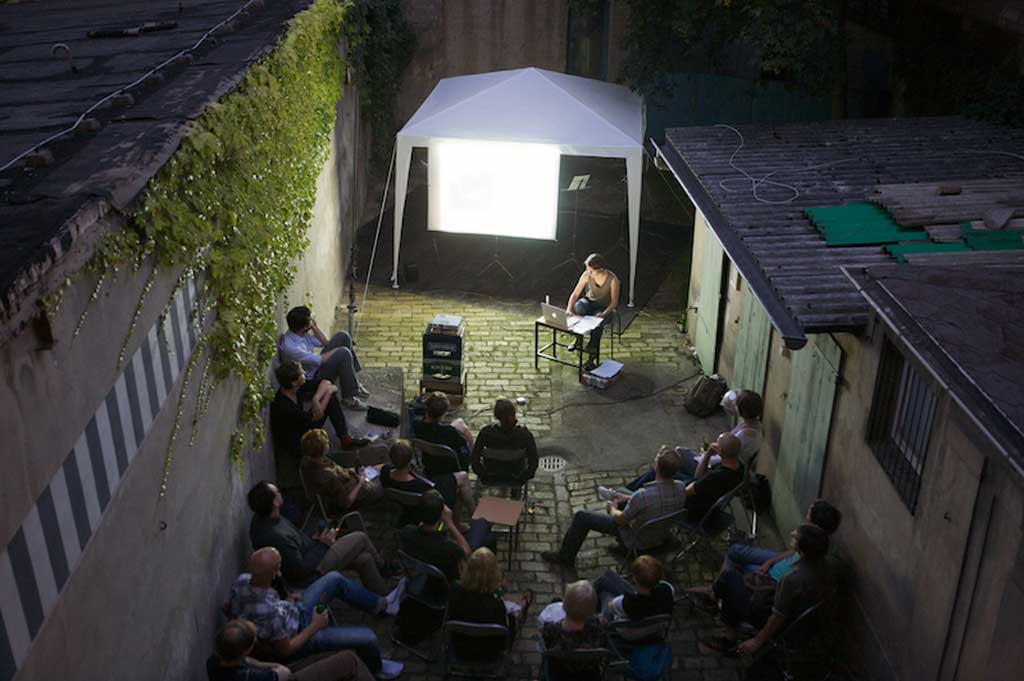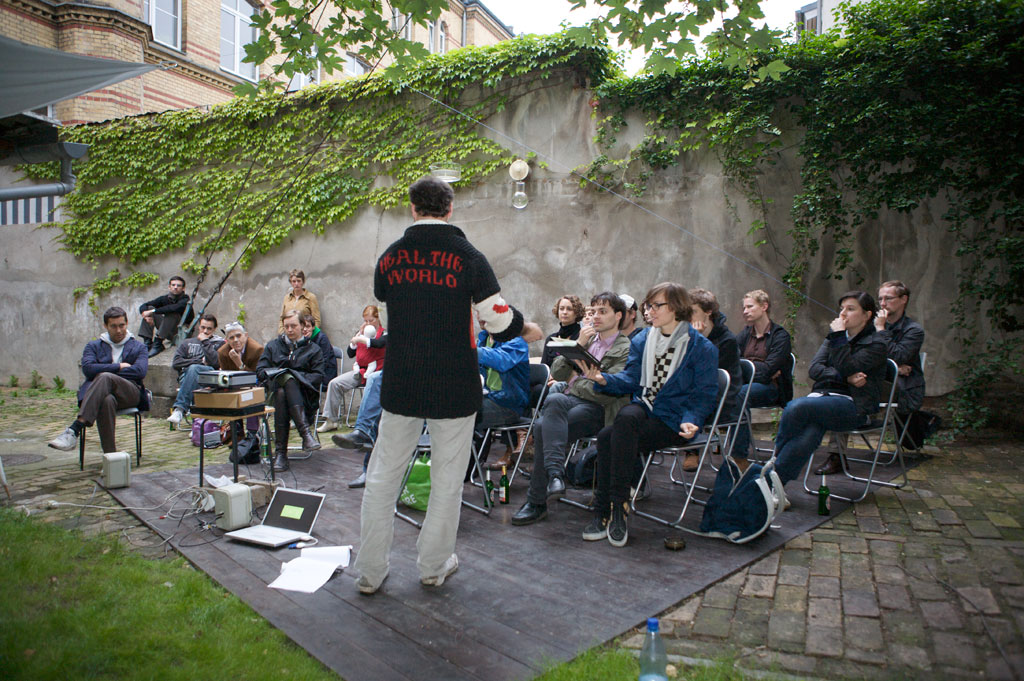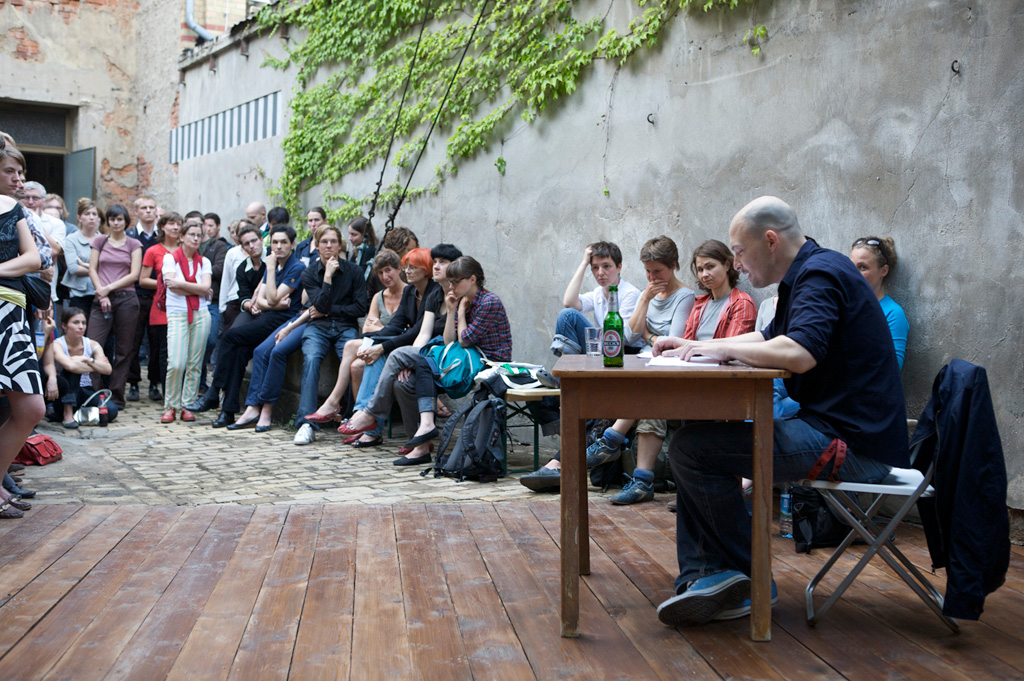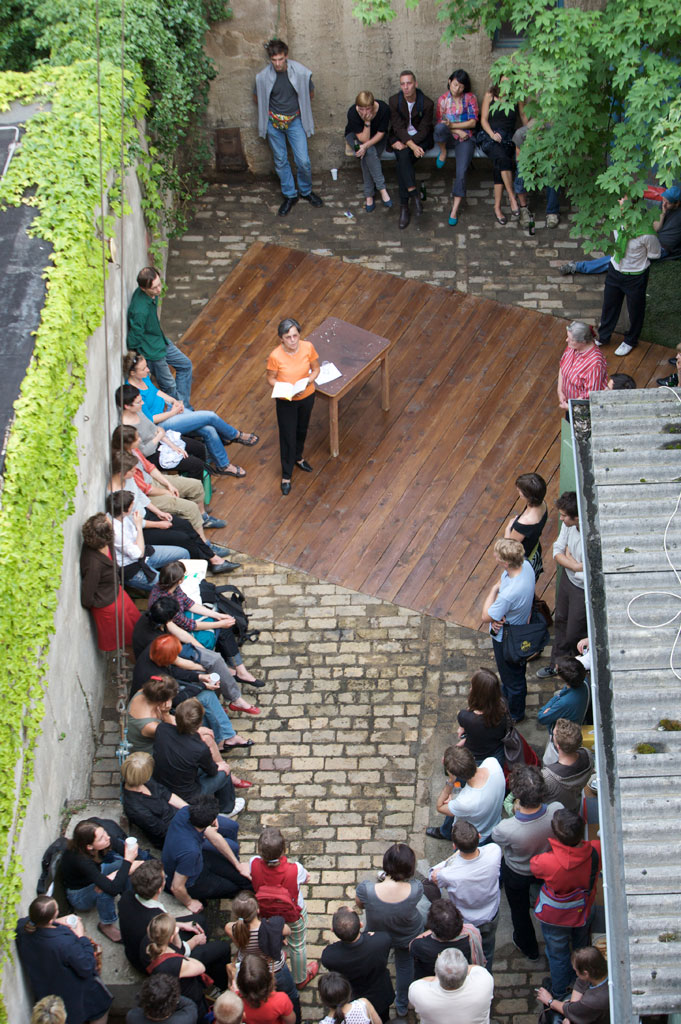Über Imre Kertész
„Das Konzentrationslager ist ausschließlich in Form von Literatur vorstellbar, als Realität nicht. (Auch nicht – und sogar dann am wenigsten –, wenn wir es erleben.)“
Imre Kertész: Galeerentagebuch
Das Werk des ungarischen Schriftstellers Imre Kertész handelt von der schonungslosen Auseinandersetzung mit der eigenen Existenz, vor dem Hintergrund der Erfahrung von Auschwitz und der darauf folgenden kommunistischen Diktatur in Ungarn. Dies sind verlässliche Schauplätze in Kertesz‘ Romanen, auf denen sich im Blick auf das geschädigte Individuum eine zutiefst humanistische Haltung entfaltet.
Innerhalb der literarischen Form findet Kertész einen Weg, mit dieser Vergangenheit und (dem drohenden Verlust) der eigenen Erinnerung umzugehen. Dabei stellt er immer wieder die Frage, welche Gegenwart nach Auschwitz noch möglich sei.
Laszlo Kornitzer und László Földényi werden in Form des erzählenden Vortrags, der Lesung und des Gesprächs die Haltung Kertesz‘ diskutieren.
Laszlo Kornitzer, geboren in Budapest, Regisseur und Übersetzer (u. a. von Imre Kertész), lebt in Berlin.
László Földényi ist ungarischer Essayist und Kulturtheoretiker und unterrichtet an der Akademie für Theater und Film in Budapest Kunsttheorie. Neben zahlreichen Veröffentlichungen (z. B. „Melancholie“, 1988) und Übersetzungen erschien 2009 von ihm „Schicksallosigkeit: Ein Imre-Kertész-Wörterbuch“.
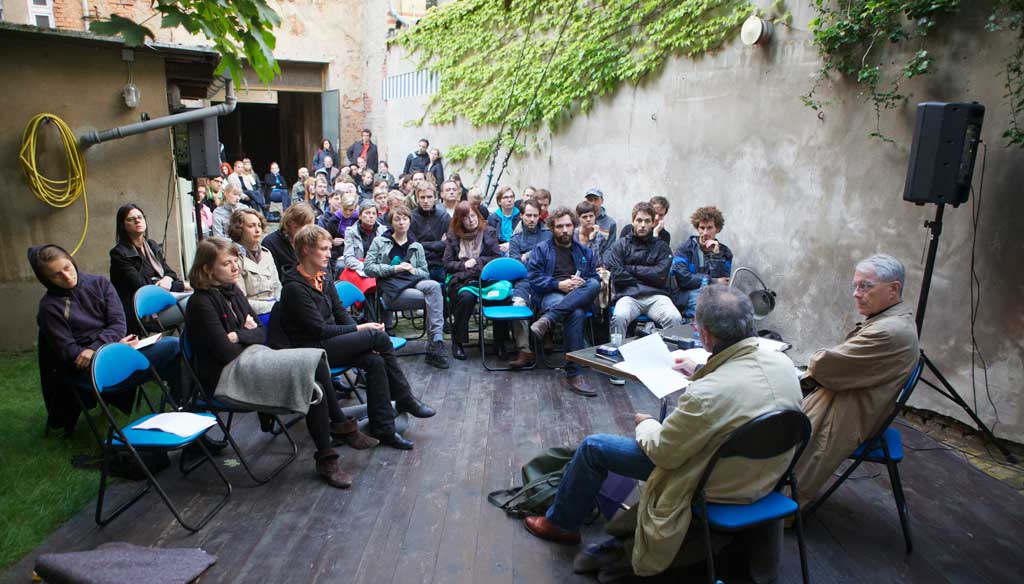
Laszlo Kornitzer / László Földényi (Fotos: Carsten Humme)
„The concentration camp can only be imagined in the form of literature, and not as reality.
(Not even, indeed least of all, when we have experienced it ourselves.)“
Imre Kertész: Galley Boat-Log
The work of the Hungarian writer Imre Kertész is an unsparing confrontation with the author´s own past in the context of Auschwitz and the subsequent communist dictatorship in Hungary. These locations offer a recurring background in Kertész’ novels for the development of a profoundly humanistic ethos that takes its point of departure from the damaged individual.
Within the literary form, Kertèsz finds a way of dealing with this past, with its memories and also the threat of losing them. In the process, he constantly poses the question: what kind of present remains possible after Auschwitz?
Laszlo Kornitzer and László Földényi will treat Kertesz‘ approach in the form of an anecdotal lecture, involving readings from the works and discussion with the public.
Laszlo Kornitzer, born in Budapest, is a film maker and translator (of Imre Kertész among others). He lives in Berlin.
László Földényi is a Hungarian essayist und cultural theorist and lectures art theory at the Academy of Theatre and Film in Budapest. His numerous publications (e.g. „Melancholie“, 1988) and translations include his „Schicksallosigkeit: Ein Imre-Kertész-Wörterbuch“ from 2009.
